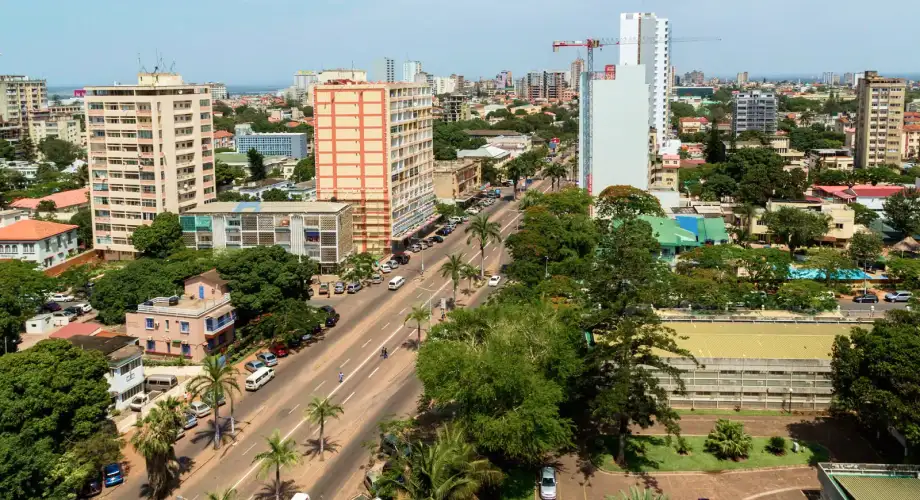Mozambican President, Daniel Chapo, has stated that the country is setting the stage for an economic uplift with two transformative energy projects valued at $25 billion.
The project, which is in partnership with TotalEnergies, aims to commence full operations since the discovery of LNG in 2010.
According to reports, TotalEnergies’ $20 billion liquefied natural gas (LNG) project and the World Bank’s support of a $5 billion hydropower scheme will position the nation as a key regional energy hub.
The LNG project, which is one of Africa’s largest energy investments, stalled in 2021 due to escalating violence in the Cabo Delgado province, where Islamist insurgents posed severe security risks.
However, following significant improvements in regional stability, Mozambique’s government is confident that the conditions are now suitable for work to resume.
Energy Minister Carlos Zacarias confirmed that the government has fulfilled the critical requirements to restart operations. The project, according to reports was originally approved for investment in 2019, nine years after Mozambique discovered its major offshore natural gas in 2010, which placed it on the global energy map.
President Daniel Chapo acknowledged that security challenges persist, stating, “We still face the problem of terrorism,” but noted that the situation has markedly improved. In a recent interview with Bloomberg in Spain, he explained, “It is not heaven yet, but it is more stable than it was four years ago.”
Talks are currently ongoing between the government and TotalEnergies CEO Patrick Pouyanné. According to Chapo, progress is encouraging, with both parties expected to finalise the timeline for the project’s resumption by August.
Alongside this gas revival, Mozambique has secured backing from the World Bank for the development of the Mphanda Nkuwa hydroelectric dam, a $5 billion initiative on the Zambezi River. With a planned capacity of 1,500 megawatts, the dam would become the largest hydropower facility in Southern Africa in over fifty years.
In an interview with World Bank President Ajay Banga, he revealed that the dam will be complemented by a $1.4 billion power transmission project. The broader goal is to significantly expand electricity access across sub-Saharan Africa, where more than 80% of the world’s 680 million people living without electricity reside.
The Mphanda Nkuwa project is scheduled for completion by 2031 and will be developed through a public-private partnership involving Electricité de France SA, TotalEnergies SE, and Japan’s Sumitomo Corporation. Mozambique’s state-owned Hidroeléctrica de Cahora Bassa and the national government will retain ownership stakes.
President Chapo emphasised that these energy ventures are central to his administration’s economic vision. “We want to be the energy hub of our region, the Southern African Development Community,” he stated.
Industry experts say the combined momentum of these two projects could unlock unprecedented growth for Mozambique. The LNG plant promises to generate billions in revenue and establish the country as a major exporter of natural gas to global markets.
Meanwhile, the hydropower project is expected to enhance grid stability and support regional energy integration.
With international partnerships in place and renewed political will, Mozambique is positioning itself to become a cornerstone of Africa’s energy future, the one powered by both fossil fuels and renewables.

